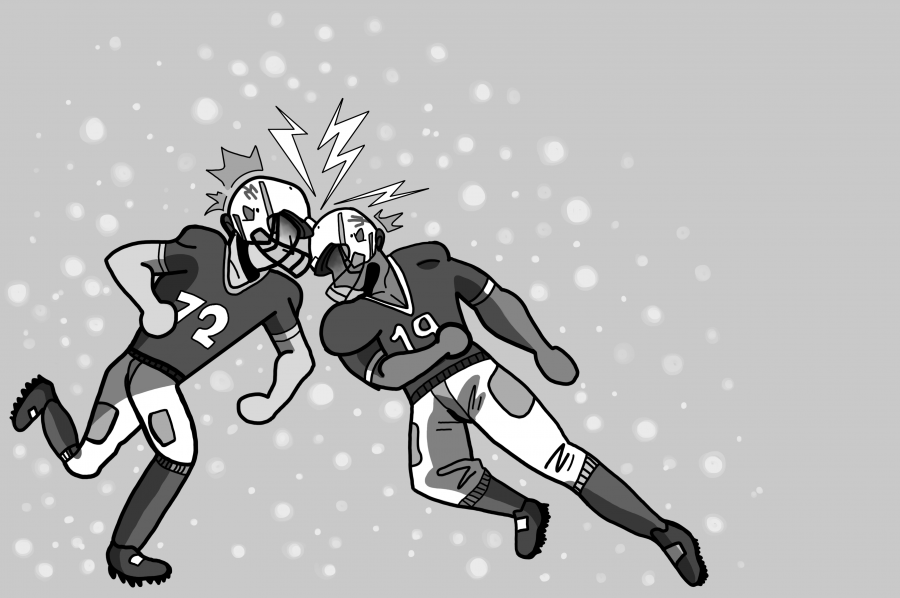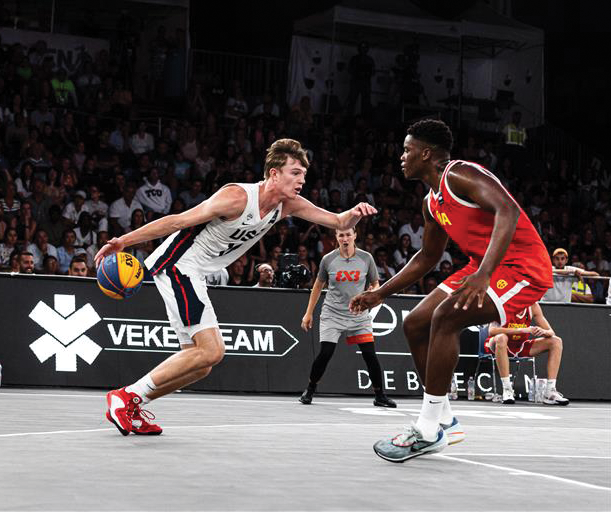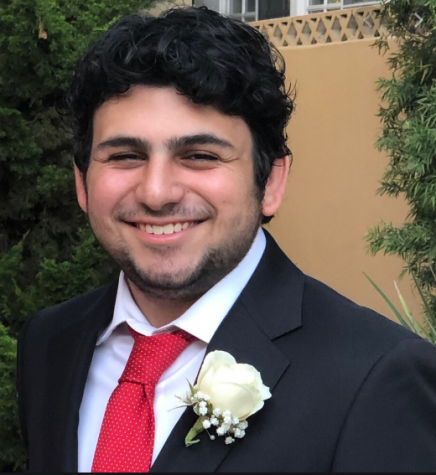The increased awareness of mental illness
in professional sports has changed
the way athletes talk about mental health
as a societal issue.
Addressing the Stigma:
In the early months of 2018, two NBA players made waves when stories were released about them. But these weren’t the normal articles in the sports news cycle; it was two well-known NBA All-Stars revealing their personal struggles with mental health. These two articles, one about DeMar DeRozan, the other written by Kevin Love as a players’ tribune, sparked a new conversation in the NBA world about mental illness. While that sounds great, it’s a step that should’ve happened long ago. The conversation about depression, anxiety and other mental issues has been incredibly lacking for many years, and it’s taking a toll on the players. In his article, Love detailed how, in the culture of the NBA, none of the players would ever, of their own volition, see a therapist.
When a friend asked a younger Love if he would ever speak with one, Love laughed. “What are my problems?,” Love said. “I’m healthy. I play basketball for a living. What do I have to worry about?” It wasn’t until, mid-game against the Atlanta Hawks, when Love suffered a panic attack, that something changed for him. Cleveland Cavaliers’ officials took him to the hospital, and he was ruled out for the rest of the game. After that, the Cavaliers helped find a therapist for him, something Love said helped him.
The biggest problem today is still the stigma around mental health, both societal and among the players. In an interview with GQ, Love talked about the hyper- masculinity that comes with playing a sport like basketball. “I think an ultra-masculine, type-A personality is going to be reluctant to say that he has a problem … in a sport where you sometimes can’t show weakness,” Love said.
If the culture today prevents players, or anybody at all, from speaking up about their issues, the blamehas to be assigned to that. Even though awareness has improved, there’s still a lot more that needs to be done. Especially in sports, society needs to make it more acceptable to be open about what an athlete is going through. Per Mental Health First aid, nearly half of Americans will experience a mental illness in their lives. If that’s the case, why are there only a handful of athletes who acknowledge that this is a problem? It’s not as if athletes are less likely to have problems like that; it can happen to anybody.
While teams do provide resources to players who need them, those options are useless if players are unwilling to accept they need that help.
Once mental health problems are brought more into the light and more accepted, players will start to take advantage of what they’re given. Until then, however, it will continue to be a problem.
Changing the Rules:
Although sports and aerobic activity are lauded for preventing mental and physical health problems, they are at risk for an indicator of mental illness ‘identity-foreclosure.’ This occurs when athletes dedicate a tremendous amount of time and energy to their sports because at the professional level, it is difficult to expand one’s identity outside of the sport. Over the course of time, the personal identity of the athlete fades away the dependence on the sport becomes even more dominant.
With so much banking on victories or wins, the competitive pressure leads to mental illness. Injuries and failures that set an athlete back may lead to depression as they are unable to improve or play. Leagues need to take action to prevent mental illness; however, prevention seems near impossible considering the fact that leagues like the NFL can barely regulate players’ off-the-field activities. The least professional sports could do is provide treatment for athletes. The British Journal of Psychiatry writes that 10 to 20 percent of athletes warrant clinical intervention for suicide. Again, with such a high risk of death and potential danger that results from sports, we need mental illness treatment.
To combat these trends, some professional leagues have implemented initiatives for mental health. The NFL, for example, created the “Total Wellness” initiative in 2012 that employed psychologists to educate players on mental health. This was a response to the discovery of chronic traumatic encephalopathy, a brain disease caused from internal brain bruising that has killed several ex-NFL players. In a sport where athletes are constantly told to “suck it up” or “walk it out,” the mentality applies to how they deal with the world and potentially issues of mental illness. The initiative is imperative to fight against the athlete’s predisposition to mental illness. It is very thorough starting in rookie orientation, providing a hotline, and providing “transitional coaches”. The NBA has also taken significant strides requiring team doctors to look for indicators of mental illness. Just last year, they hosted a mandatory health and wellness meeting across the league mandating that every team has a full-time licensed mental health professional. The United States Olympic and Paralympic Committee took similar steps in raising awareness and support for athletes and coaches with mental illness. It is unquestionable that these are steps in the right direction for professional sports; however, there is more work to be done to combat the illnesses that athletes seem so predisposed to.
It’s been common for teams to employ a mental health expert or psychologist to check the box on addressing the mental health issue. The problem with this is that the doctor is working for the team or club and the clubs’ interests. Trent Williams is a seven-time Pro Bowl offensive tackle and accused the Redskins of malpractice. When Williams suspected he had a growth in his head, the doctors said it was minor or a cyst. He also claimed that the staff tried not to order tests. By the time Williams received tests, he was diagnosed with a rare type of skin cancer Dermato Fibrosarcoma Protuberans (DFSP). Due to the close parallels in the way the team physician works and the team psychologist, it’s likely that the same could happen for cases of mental illness.
The Aaron Hernandez documentary publicized how teams deal with mental illness. As the document covers Hernandez’s hidden apartment, it insinuates that the Patriots organization, knowing he was unstable, got him a place to escape his problems and smoke marijuana as a way to deal with his problems. For these reasons, doctors provided by the leagues or competition organizations would be much more objective and work better at putting the interests of athletes first.



































